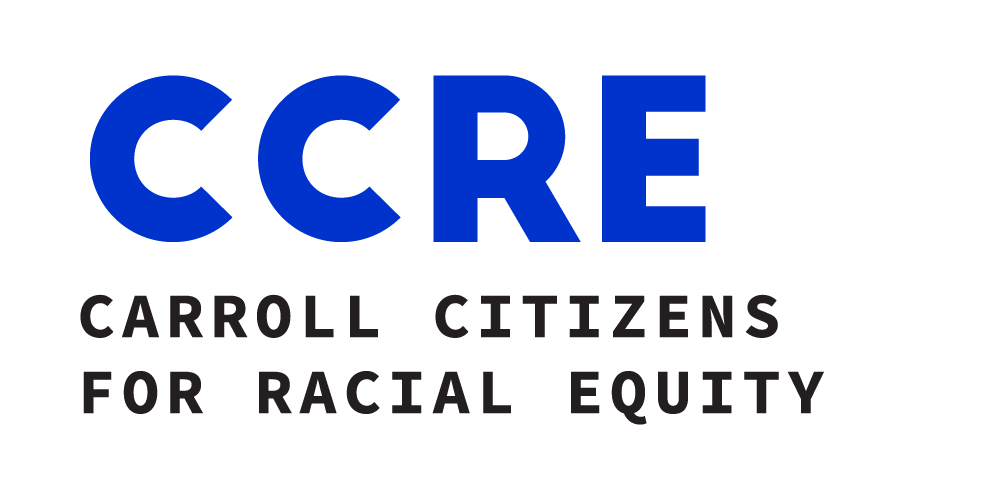The Poor People’s Campaign
In late 1967, Rev. Dr. Martin Luther King, Jr. spoke of the need to work for the human rights of poor people all across this country. Rev. Dr. King explained, “… If you are, let’s say, from rural Mississippi, and have never had medical attention, and your children are undernourished and unhealthy, you can take those little children into the Washington hospitals and stay with them there until the medical workers cope with their needs, and in showing it your children you will have shown this country a sight that will make it stop in its busy tracks and think hard about what it has done.” You may remember that King was assassinated in Memphis while he was aligning himself with the struggles of the sanitation workers striking for better conditions such as wages that would not keep them in poverty and an end to discrimination in employment.
Somebody’s hurting my brother, and it’s gone on far too long, and we won’t be silent anymore.
Civil rights leaders, such as Bayard Rustin who worked side-by-side with King, continued the work of Rev. Dr. King. During late spring of 1968, poor folks from areas all over the country came to the mall in D.C. They came in caravans to set up Resurrection City on the capital Mall. In sight of lawmakers and people of privilege in D.C. they camped and hoped for change. The Campaign put forth the “Economic Bill of Rights” which called on the federal government to end some of the injustices confronting poor people.
Somebody’s hurting my sister, and it’s gone on far too long, and we won’t be silent anymore.
Now, 50 years later, a movement has begun to revive and continue the efforts of Rev. Dr. King’s Poor People’s Campaign. There is unsettling force moving in our country calling for a national moral revival. Rev. Dr. William Barber and Rev. Dr. Liz Theoharris are co-chairs of the revival of the Poor People’s Campaign. Currently, there are over 140 million poor or low-income people in our nation. This should be reprehensible. As a nation, we should be talking about this atrocity and acting to relieve their struggles by making policy changes and confronting injustices. Every person is worthy and has a right to live.
Everybody’s got a right to live, and before this campaign fails, we’ll all go down to jail.
The first phase of the Poor People’s Campaign included 40 days of direct action nationally and on the state level. Each Monday of the first phase, people supported and engaged in nonviolent civil disobedience to make legislators aware of the human and economic costs of inequality and to demand a change in the distorted moral narrative of our country. Direct action led to over 2,500 arrests across the nation. Twenty-six occurred in Annapolis, Maryland.
The truth is that systemic racism allows us to deny the humanity of others; by denying the humanity of others, we are given permission to exploit or exclude people economically; by exploiting and excluding people economically, we are emboldened to abuse our military powers and, through violence and war, control resources; this quest for the control of resources leads to the potential destruction of our entire ecosystem and everything living in it. And the current moral narrative of our nation both justifies this cycle and distracts us from it. (www.poorpeoplescampaign.org)
We move forward together, not one step back!
The next phase of the Poor People’s Campaign has recently begun. There are Speak Outs occurring across the country where people affected by the inequitable policies and systems will share their stories. This will include canvassing to invite more impacted people to join the campaign and register to vote.
Learn more about the Poor People’s Campaign: www.poorpeoplescampaign.org
Stay updated on Facebook: https://www.facebook.com/anewppc/
Join the efforts of the Poor People’s Campaign in Maryland: https://www.facebook.com/marylandppc
Submitted by Erin Snell


